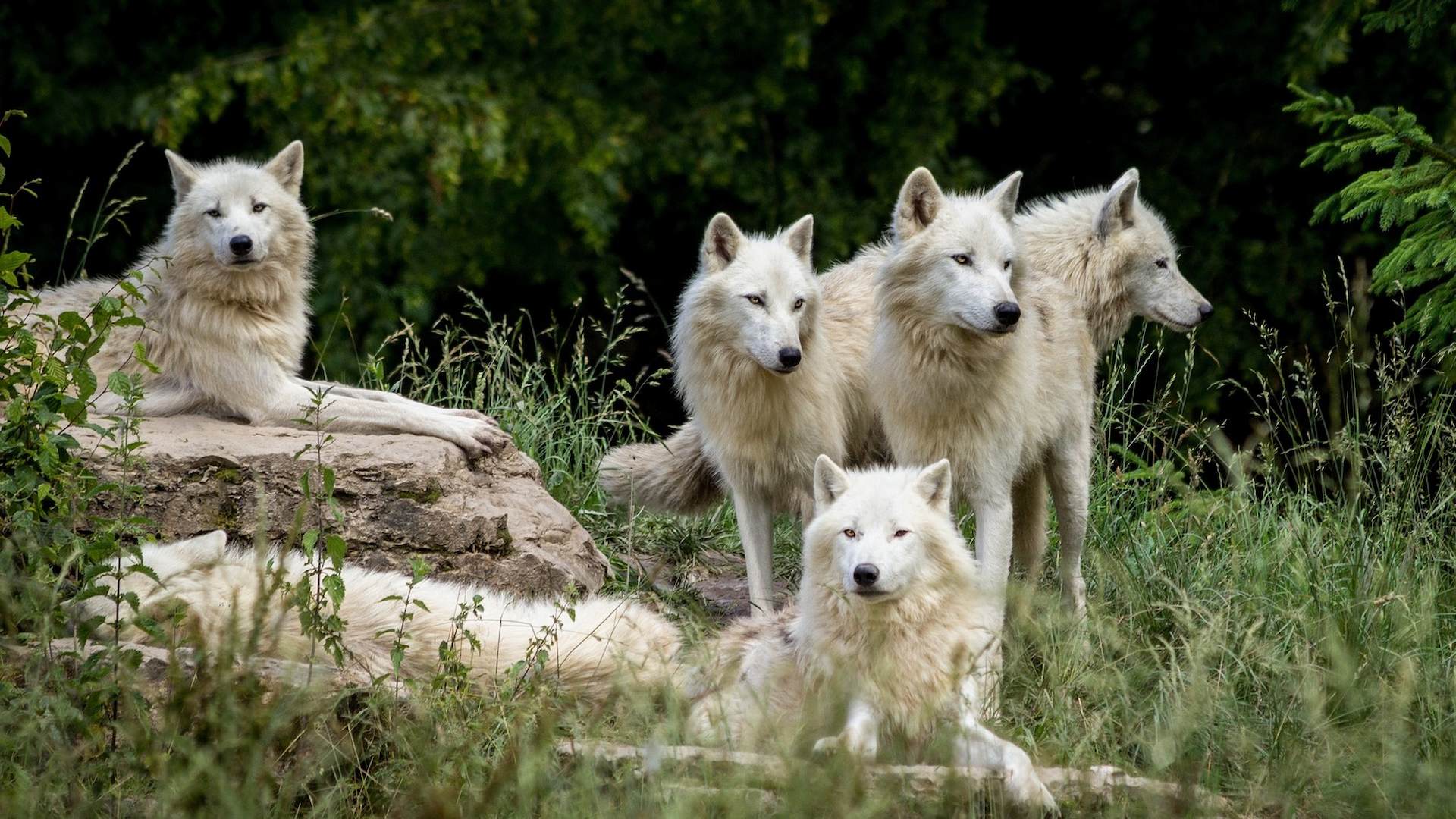Alexandra Syphard is a research ecologist who investigates landscape change that results from the interplay between human and natural disturbances, especially wildfire, urban development, and climate change. She uses a variety of spatial analytical and modeling methods to investigate how change has occurred in the past, how it is likely to occur in the future, and what types of ecological impacts are likely to result. She also envisions how alternate management scenarios may differentially impact the biological and social integrity of different landscapes. Alexandra works on issues related to vegetation dynamics and wildfire in Mediterranean ecosystems; fire science and ecology; effects of multiple threats to native vegetation communities; biogeography and species distribution modeling; land use / land cover change; and the influence of humans on fire regimes.
Before joining CBI in 2007, Alexandra earned her PhD in Geography from San Diego State University and the University of California, Santa Barbara in 2005. Alexandra also received a BA in English from the University of Mary Washington, a Masters of Public Health at the Medical College of Virginia, and a Masters in Environmental Studies at Virginia Commonwealth University. She also completed a postdoctoral research fellowship in the Department of Forest Ecology & Management at the University of Wisconsin, Madison and a postdoctoral fellowship in the Department of Biology at San Diego State.
In her free time, Alexandra enjoys playing guitar, riding her Vespa scooter, running or practicing yoga, traveling to different countries, and drinking a good cup of coffee with her family and friends.
